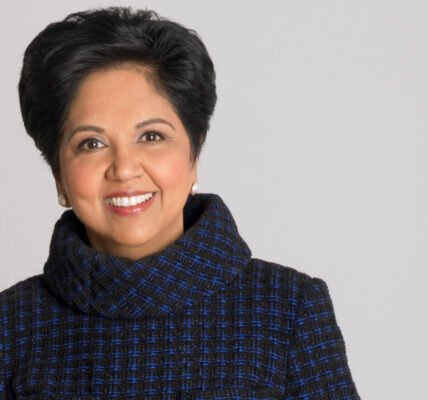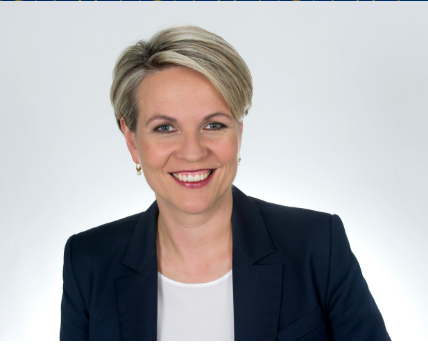Introduction
Scott John Morrison (born 13 May 1968) is an Australian politician, strategist, and businessman best known as the 30th Prime Minister of Australia (2018–2022). A member of the Liberal Party, Morrison built his career on marketing, policy, and leadership roles before rising to the highest political office. His journey from tourism campaigns to leading the country through crises such as the 2019–20 bushfires and the COVID-19 pandemic shows his ability to adapt, strategize, and manage at scale.
Early Life and Education
Born in Waverley, Sydney, New South Wales, Morrison grew up in a civic-minded Christian family. His father, John Morrison, was a police officer and local councilor who became mayor. His mother, Marion, worked in community and charity roles.
Morrison attended Sydney Boys High School, where he developed an interest in economics and public life. He earned a Bachelor of Science with Honours in Applied Economic Geography from the University of New South Wales—a background that gave him a strong foundation in analysis and strategy.
Career Before Politics

Before entering Parliament, Morrison built a reputation in tourism, marketing, and organizational leadership:
- Property Council of Australia (1989–95) – Policy and research roles.
- Tourism Council and Australian Tourism Task Force (mid-1990s) – Senior executive positions.
- New Zealand Office of Tourism and Sport (1998–2000) – Helped launch the acclaimed “100% Pure New Zealand” campaign.
- Liberal Party of Australia – NSW Division (2000–2004) – State Director, managing campaigns and party strategy.
- Tourism Australia (2004–2006) – Managing Director; oversaw the high-profile “Where the bloody hell are you?” advertising campaign.
These roles earned him the nickname “Scotty from Marketing”, later used humorously by media during his political career.
Entry into Politics
In 2007, Morrison entered federal politics, winning the Division of Cook (NSW). His skills in communication and strategy quickly moved him up the ranks:
- Minister for Immigration and Border Protection (2013–2014) – Oversaw Operation Sovereign Borders.
- Minister for Social Services (2014–2015) – Managed welfare and reform portfolios.
- Treasurer of Australia (2015–2018) – Guided the economy, budgets, and fiscal policy.
Prime Minister of Australia (2018–2022)
In August 2018, after a leadership spill, Morrison became Prime Minister, succeeding Malcolm Turnbull.
Key moments of his tenure:
- Managed the economy during a period of trade uncertainty and retained Australia’s AAA credit rating.
- Led Australia through the 2019–20 bushfires, drawing criticism for crisis handling.
- Guided national policies during the COVID-19 pandemic, including border closures, economic stimulus, and vaccination rollout.
- Strengthened international ties, including the AUKUS defense agreement with the US and UK.
Morrison’s leadership style was pragmatic and marketing-driven, blending economic focus with conservative values.
Controversies and Censure
In 2022, after leaving office, Morrison faced criticism for secretly being sworn into multiple ministerial portfolios during the pandemic. A later inquiry found this unusual practice lacked transparency, and the Australian Parliament issued a formal censure—a rare event for a former prime minister.
Life After Politics
Morrison resigned from Parliament in February 2024. Since then, he has:
- Joined American Global Strategies as a non-executive vice chairman.
- Published his memoir, “Plans For Your Good” (2024), reflecting on faith, politics, and leadership.
Personal Life
Scott Morrison is married to Jenny Morrison, and they have two daughters. A devoted Pentecostal Christian, his faith has often shaped his public and private life.
Legacy
Scott Morrison’s career reflects marketing expertise applied to governance, a focus on border control, and economic management. While his leadership drew mixed reviews, he left a mark as one of the few Australian leaders to steer the country through overlapping crises. His shift into consulting and authorship suggests a continued influence in public policy and business.





